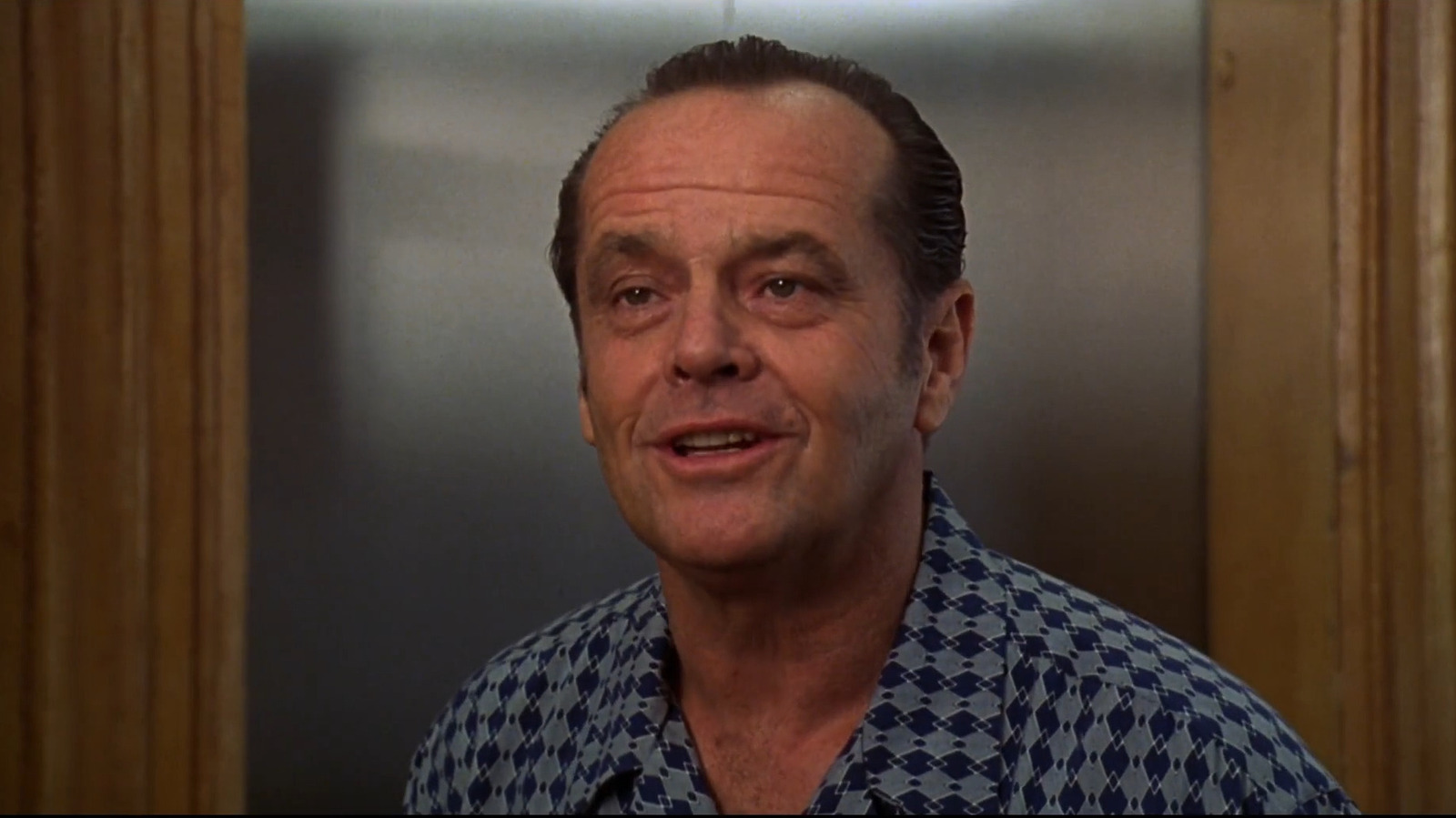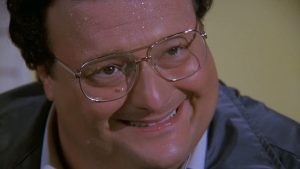
Jack Nicholson’s Exit from Hollywood: A Closer Look
When people think about retirement, they often envision a clear transition—much like finishing school or receiving a promotion. For some, this can be an easy and smooth process, while for others, particularly artists, retirement can be a more ambiguous notion. While there are those who continue to thrive and find ways to create well into their later years, there are others who choose to step back and not wear out their welcome, similar to how Quentin Tarantino has hinted at bringing his film-making journey to a close.
In the case of Jack Nicholson, one of cinema’s most celebrated talents, his absence from Hollywood—now nearing 14 years—likely stems from a mix of personal philosophy, evolving cultural landscapes, and the inevitable effects of aging. Nicholson has always maintained a low profile, revealing little about his reasons for stepping away, only appearing in public sporadically, such as at a Los Angeles Lakers game in 2023.
Though we can only speculate about Nicholson’s motivations, several factors may have contributed to his decision to retreat from the industry. One significant element might be the memory of his last film, “How Do You Know.” Released in 2010, the film was nearly universally panned, earning a mere 31% on Rotten Tomatoes and grossing only $48.7 million against a budget of $120 million. Given the esteemed collaborations he had earlier enjoyed with writer-director James L. Brooks—highlighted by films like “Terms of Endearment” and “As Good as It Gets”—the disappointment of this venture could have influenced Nicholson to reconsider him continuing in front of the camera.
Additionally, the types of films that once defined Nicholson’s illustrious career became scarce. Emerging in the early 70s during Hollywood’s New Wave, Nicholson experienced a golden era where innovation and depth flourished. Yet as Hollywood turned towards blockbuster franchises and superhero films, Nicholson found himself in a landscape vastly different from the gritty dramas that first made him a star. While other veterans found roles within the comic book universe, he might have felt he had already said enough through his previous work.
Moreover, Nicholson turned down a series of projects post-“How Do You Know,” including parts in “The Judge” and “42,” both of which went on to star other notable actors. This suggests a deliberate choice to step back rather than an outright retirement announcement. His absence on screen became more pronounced, and while filmmakers remained eager to collaborate with him, the prolonged inactivity did little for his public persona or professional standing.
Rumors of health issues also surfaced around this time, including claims of memory loss that allegedly made it difficult for him to remember scripts. Although Nicholson refuted these reports, the damage may have already spread, leading producers to view him as a potential risk. This perception, coupled with his selective approach to projects, likely solidified the idea that Nicholson’s days of acting were in the rearview mirror.
However, the most straightforward reason for Nicholson’s extended absence appears to be his desire to enjoy a quieter lifestyle. According to those close to him, like record producer Lou Adler, Nicholson is relishing his privacy, living life on his terms. This hints that rather than leaving due to tragic circumstances or career pressures, he’s simply chosen peace over public appearances.
As we reflect on Jack Nicholson’s legacy and the enigmatic nature of his departure from the screen, one truth resonates—his absence is less about retirement and more about personal preference. While the door to a return might not be fully closed, for now, it seems Nicholson is content to savor life’s quieter moments, leaving fans to ponder whether he might one day re-emerge when least expected.



